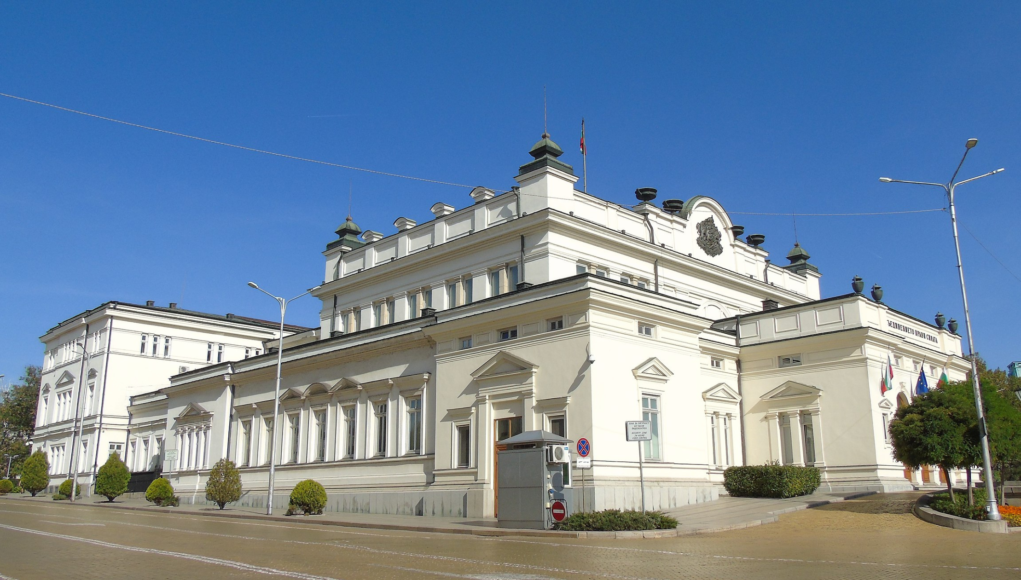SOFIA – Bulgarian Parliament has endorsed an agreement between the government and representatives from the coal and thermal energy sectors. The decision, which came after prolonged negotiations, aims to address the concerns of protesters from these industries.
Bulgaria has been grappling with challenges in its energy sector. The coal industry, in particular, has faced pressures from environmental regulations and the broader European transition to renewable energy sources. This has led to tensions between workers, who fear job losses, and the government.
Bulgarian daily Dneven Trud reports that, in an extraordinary session on October 4, the parliament approved the agreement with 133 votes in favor and 66 against. The agreement was reached after a 7-hour negotiation on October 3.
Energy Minister Rumen Radev described the commitments in the agreement as “difficult” but achievable. The agreement outlines several key points:
- Capacity Mechanism & Energy Transition: The agreement approves the continuation of introducing a capacity mechanism and maintaining necessary energy sources connected to the power transmission network. This is aimed at ensuring national energy security during the energy transition phase, with a timeline set until December 31, 2023.
- Coal-Fired Power Plants: The Council of Ministers will negotiate with the European Commission to prevent long-term shutdowns or limiting the production capacity of coal-fired power plants, especially from the BEH group. This commitment is valid until November 30, 2023.
- Energy Strategy & Climate Plan: There’s a plan to develop Bulgaria’s energy strategy until 2030 (with a vision up to 2050). This will be done in tandem with updating the Integrated Energy and Climate Plan, ensuring both documents are aligned. The deadline for this is November 30, 2023.
- Transparency & Monitoring: The agreement emphasizes transparency in investment procedures and the creation of a monitoring committee involving social partners. This is set to be in place by December 31, 2023.
- Carbon Emissions: A study will be conducted to explore the possibility of capturing, processing, or storing carbon emissions for the TPP “Maritsa Iztok 2” EAD power plant. The deadline for this study is March 31, 2024.
- Negotiations on Coal Regions: The social partners have agreed to continue discussions on an agreement presented on September 19, 2023, especially concerning the conversion of coal regions.
During the parliamentary debates, some discrepancies arose regarding the agreement’s alignment with union representatives’ demands. Notably, not all unions have endorsed the agreement’s text. The Bulgarian government’s decision is a significant step towards addressing the concerns of the energy sector, especially amidst the broader European push for green energy.
Source/s: Dneven Trud
Image source: Лорд Бъмбъри / Wikimedia
The Southeast European Observer participates in the Amazon Services LLC Associates Program. While we strive to provide our readers with unbiased and reliable information, please be aware that any purchases made through Amazon affiliate links on our site generate a small commission for us at no extra cost to you. This helps support our platform and allows us to continue delivering quality content to our readers.
We ensure that the presence of Amazon affiliate ads does not influence our editorial content, and no affiliate links are included within the text of our articles.











